Florida Voter Purge: DOJ Papers Claim Process Violates Voting Rights Act
The Huffington Post | By Chris Gentilviso Posted: 07/31/2012 8:08 pm
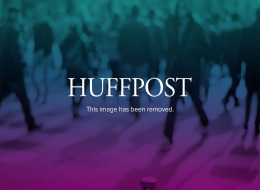
Florida Gov. Rick Scott (AP Photo/Bill Cotterell)
Florida's voter purge efforts are facing a fresh federal challenge.
The Justice Department filed court paperson Friday alleging that the Sunshine State's actions violate the 1965 Voting Rights Act. At the heart of the impending legal battle is Section 5, which would require submission of "citizenship list maintenance practices," the Miami Herald reports.
Back in early June, the Justice Departmentissued a warning letter, charging that the Florida's activities are "different from the benchmark practice currently in force" within the Voting Rights Act. But the state moved forward with its plan to weed out non-citizens, with Gov. Rick Scott (R)calling the process necessary "to have fair elections."
Later that month, a federal judge refused to stop Florida's voter purge, noting that no federal laws prevented the state from making last-ditch efforts to eliminate non-citizens from its voter rolls. By mid-July, Republicans had scored some federal support with approval to use a law enforcement database when questioning individuals' right to vote.
As for the public, a June Quinnipiac University poll found that three out of five Florida voters were behind the purge plan. The state's primary election will be held on August 14.
As for the public, a June Quinnipiac University poll found that three out of five Florida voters were behind the purge plan. The state's primary election will be held on August 14.
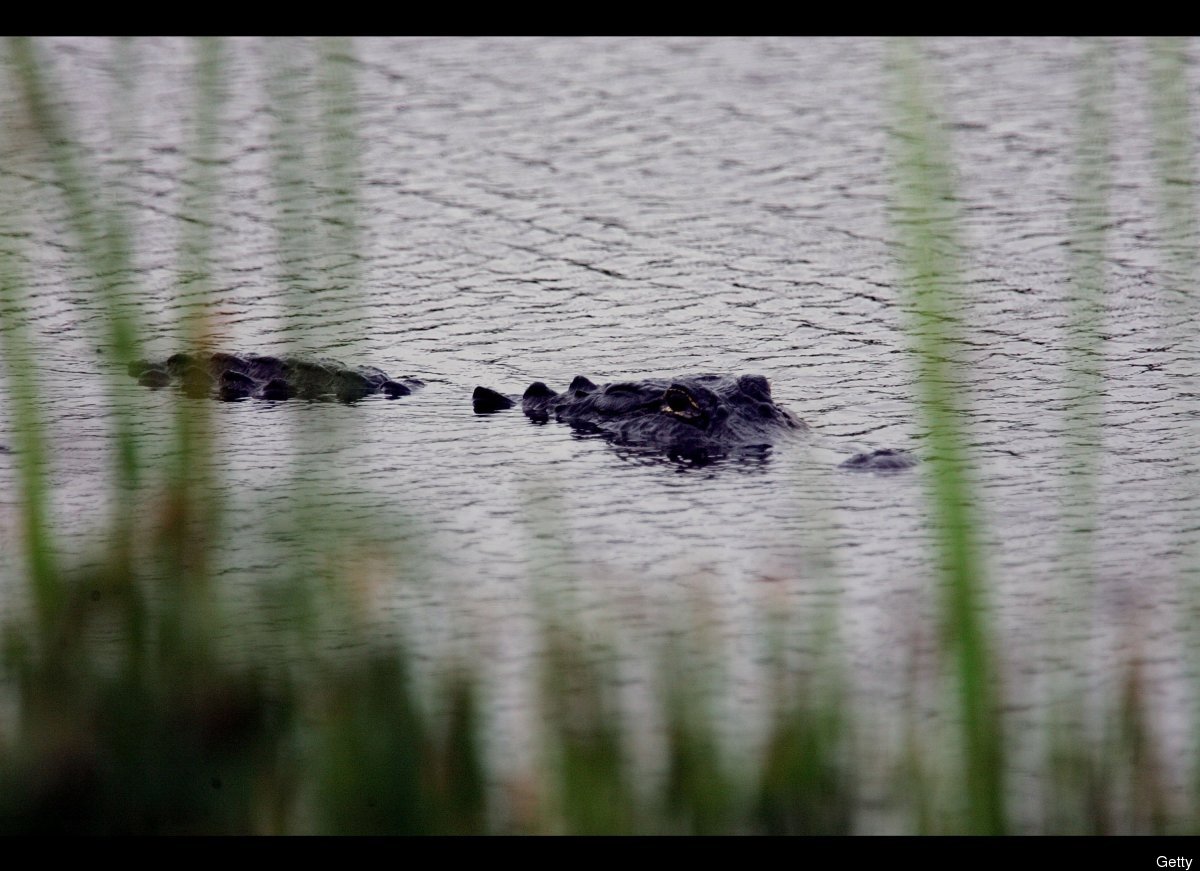
Florida Eliminates Early Voting On Sundays
Tensions run high in Florida, a critical battleground state that passed an election law last year with several contested provisions. One bans a decade-long practice of early voting on Sundays before the election -- a window when asmany as 30 percent of black voters have previously cast ballots after attending church in a "souls to the polls" movement. Republican lawmakers claim the provision is meant to reduce election fraud, but some black Democrats say the calculation is more sinister."It's my feeling it was done deliberately, a premeditated design, to suppress the vote of African-Americans in this country because it's playing out all over the nation in every state. It was intentional," Florida Sen. Arthenia Joyner (D-Tampa) said.
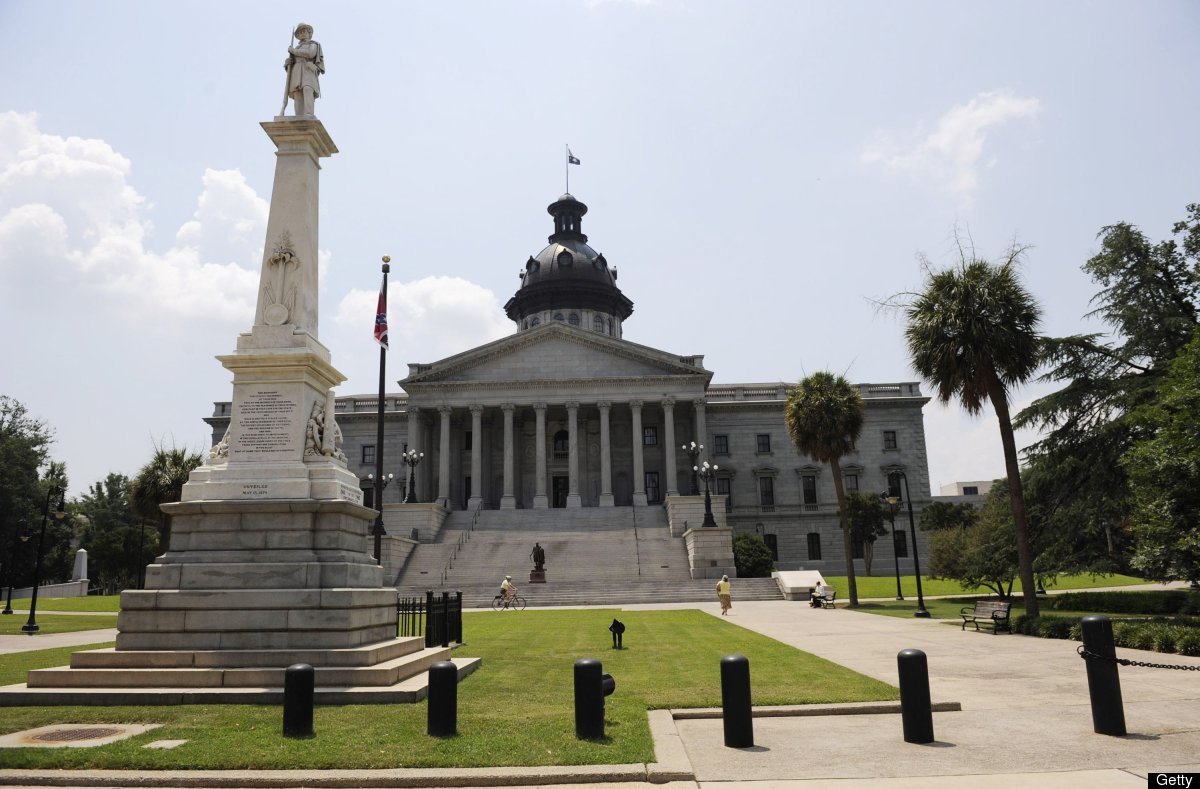
Photo ID Firestorm Rocks South Carolina
The Justice Department dealt a blow to South Carolina Gov. Nikki Haley's law requiring voters to show photo ID at the polls, arguing that it discriminated along racial lines. Haley's administration fired back with a lawsuit that is expected to be decided in September.Rep. Jim Clyburn (D-S.C.) said earlier this year that Republicans hope to tip the outcome of the presidential election by lowering voter turnout by 1 percent in each of nine states that have passed voter ID laws, the West Ashley Patch reports.
"I know nothing has changed yet," he said. "But I just do not trust the judiciary that we're operating under."
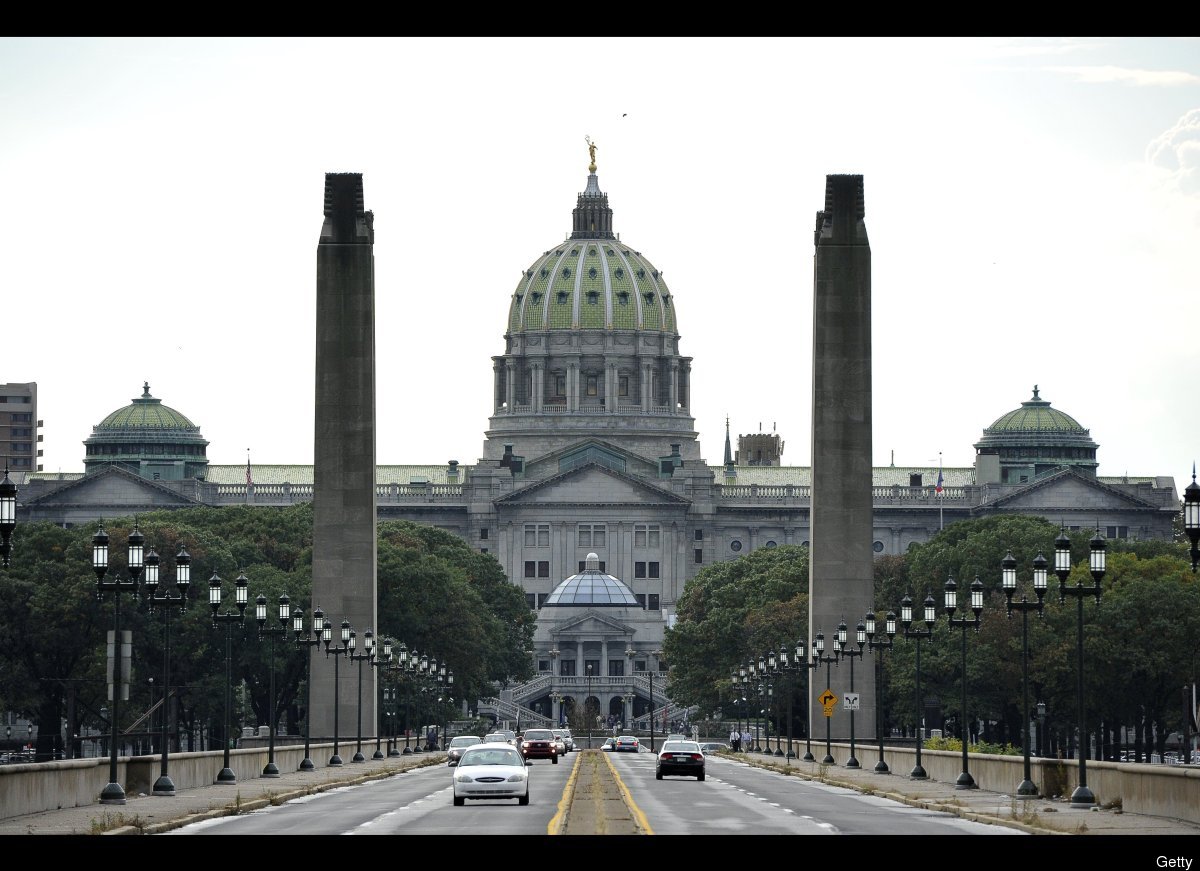
Disenfranchised Grandmother Sues Pennsylvania
Under Pennsylvania's new voter ID law, voters must show a photo ID issued by the state or federal government. The state-issued IDs are free, but getting one requires a birth certificate, which costs $10 in Pennsylvania.Not everyone is having an easy time navigating the new system. Earlier this month, Viviette Applewhite, 93, filed a lawsuit with the ACLU and Nmarched with Martin Luther King Jr. during the civil rights movement, does not have a driver's license, and the state cannot find her birth certificate. She is afraid that this year will be the first since 1960 that she will be unable to vote.
Applewhite's dilemma is not uncommon. Some700,000 Pennsylvanians lack photo ID and half of them are seniors. According to the Brennan Center, 25 percent of voting-age black citizens have no government-issued photo ID, compared to 8 percent of white citizens.AACP challenging the law.
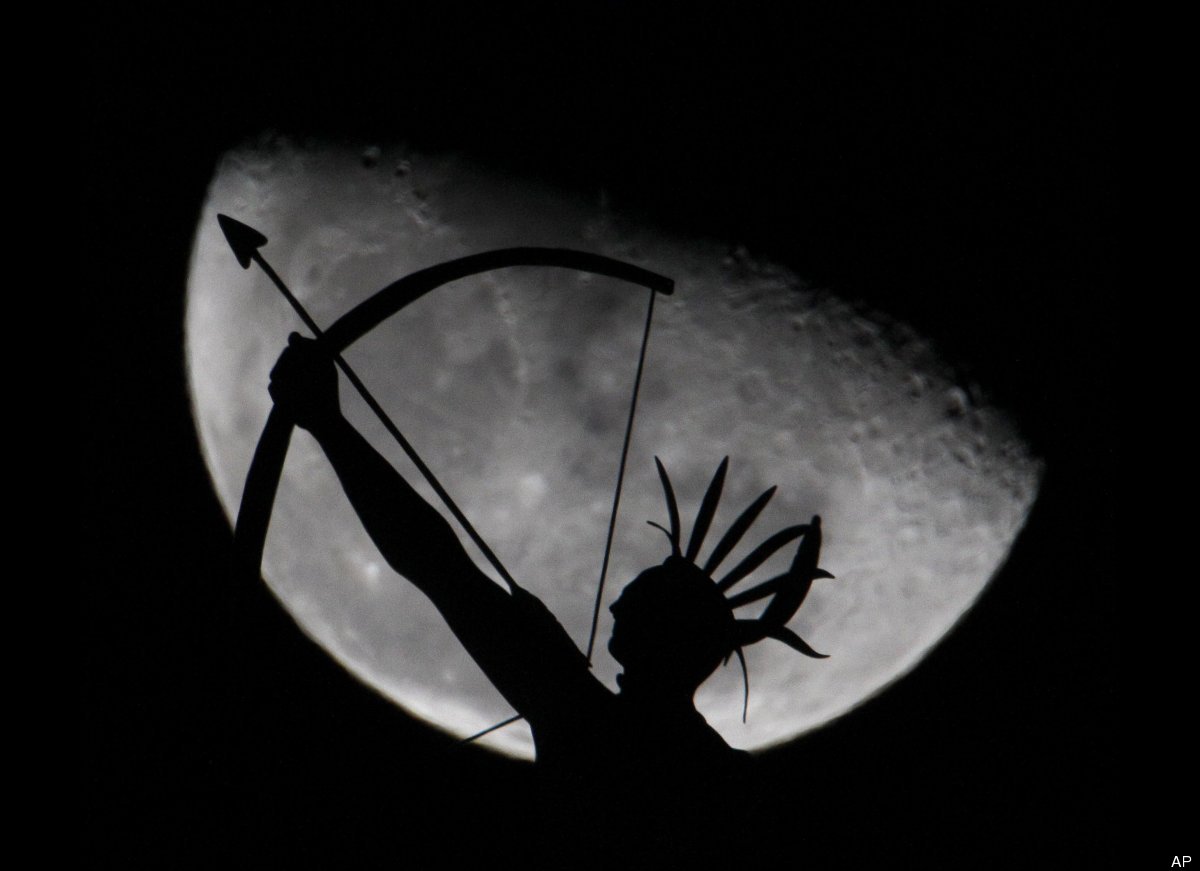
Kansas Moves To Accelerate Proof Of Citizenship Law
The Kansas House voted earlier this year to move up the date a proof of citizenship law goes into effect to June 15, 2012, so it will limit who can vote in the presidential election.HuffPost's John Celock reports:
Rep. Ann Mah (D-Topeka) said the entire idea of proof of citizenship to vote would fail in court due to it being discriminatory against married women who change their names. Mah said that women who change their name need to provide proof of marriage and citizenship and an affidavit regarding the name change.Only 48 percent of voting-age women with access to their birth certificates have a birth certificate with a current legal name, which means that as many as 32 million American women do not have proof of citizenship with their current legal name,according to the Brennan Center.
Rep. Scott Schwab (R-Olathe) took issue with Mah's claims of court challenges. "I get frustrated that everyone who does not like policy says we'll end up in court," he said.
The bill to change the start date eventually failed, but will still go into effect next year.
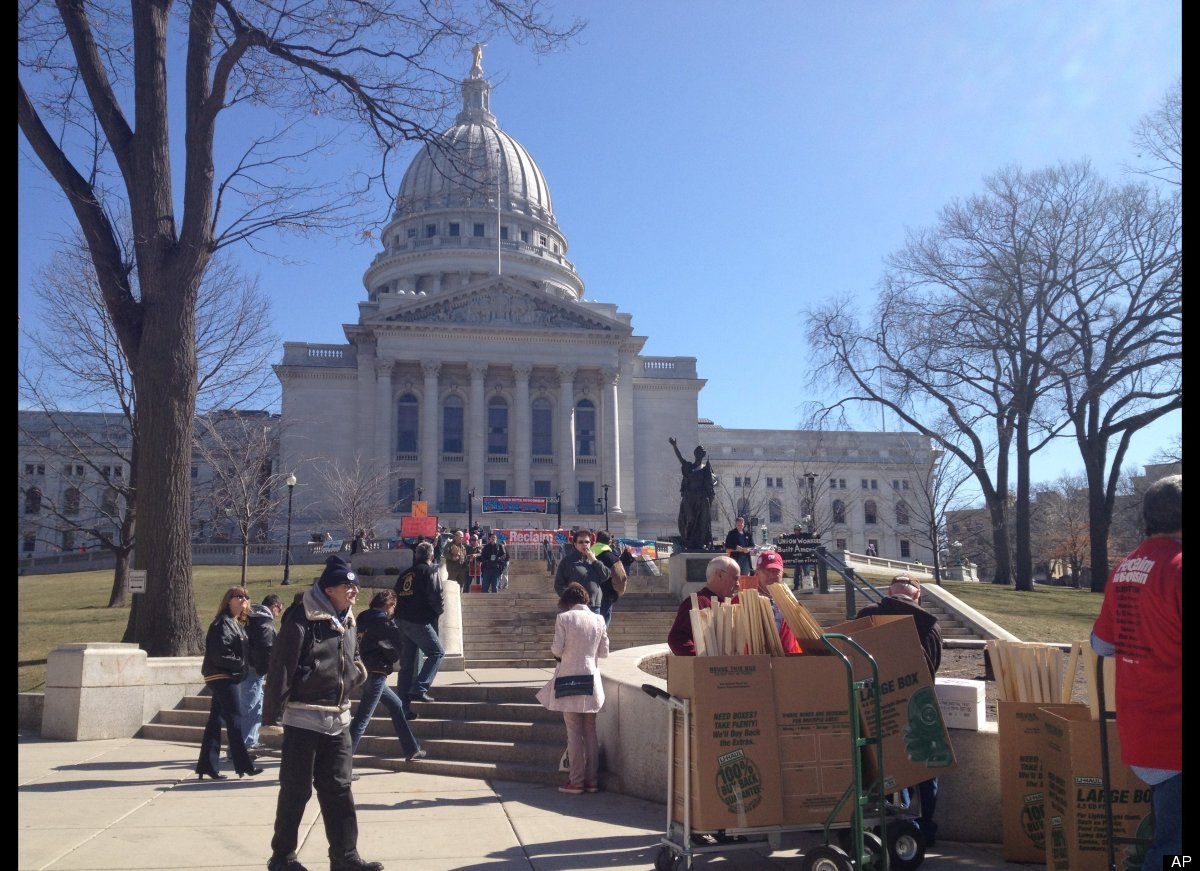
Wisconsin Law Continues To Disenfranchise Voters After Suspension
Last year, Wisconsin Gov. Scott Walker signed a voter ID bill into law, calling it a "common sense reform" that would "go a long way to protecting the integrity of elections in Wisconsin." As Walker's June 5 recall election approached, two judges suspended it on the basis that it is unconstitutional.Still, poll workers reportedly asked some voters to show photo ID during Wisconsin's April 2 primary, and one woman said that she and her 87-year-old mother were turned away at the polls because they lacked current photo IDs -- even though they were registered to vote.
"We were listed on their friggin' poll list and yet we had our names highlighted," the woman, who wanted to remain anonymous, told the Milwaukee Journal Sentinel.